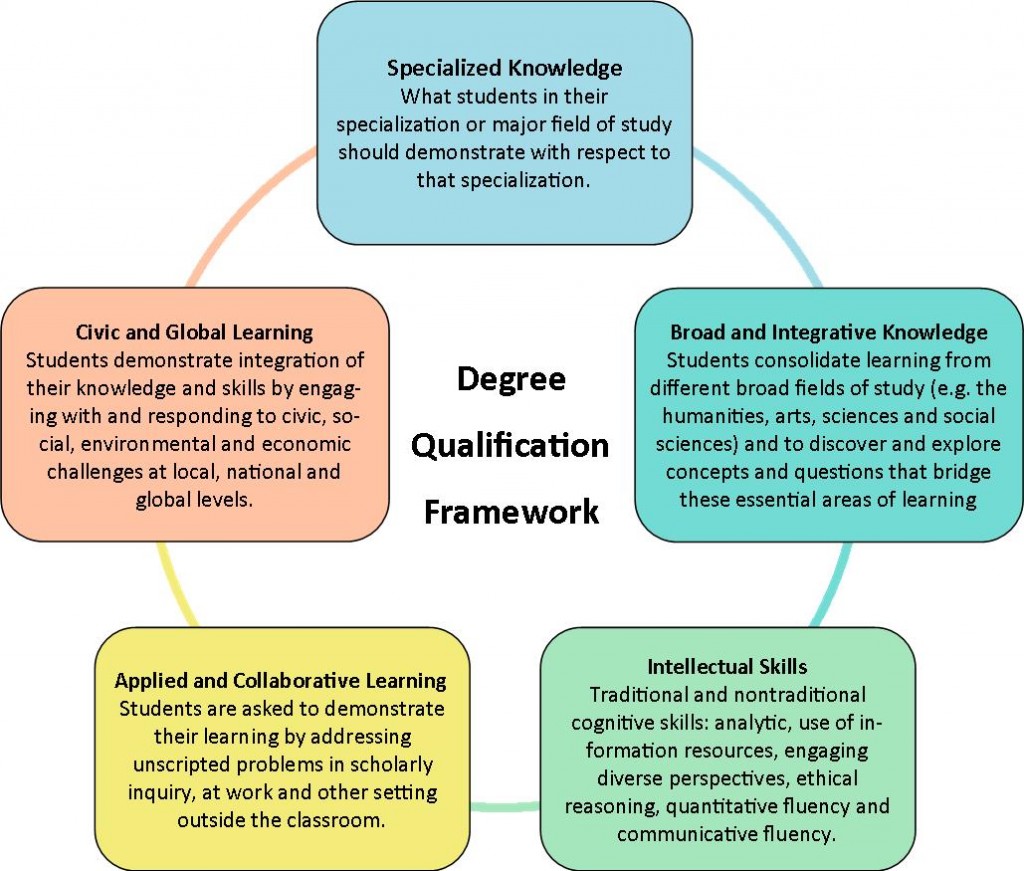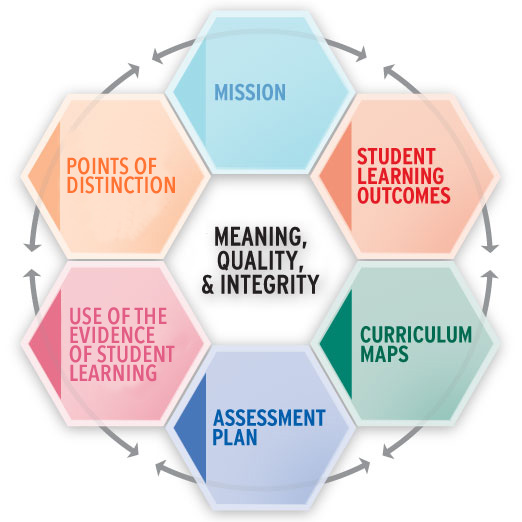
MSN Program
Specialized Knowledge: The MSN students are required to develop an independent, evidence-based change project called a Comprehensive Exam (CE) in which they apply major research theory, nursing theory and/or leadership theory, and scholarly inquiry. The purpose is to create a program to address the assigned healthcare need. The CE includes a written portion that must be successfully completed (using a rubric) followed by an oral defense of the project (using a rubric). Guidelines for the CE integrate national evidence-based models in advanced nursing practice.
Broad and Integrative Knowledge: The CE topic is randomly assigned and is often outside the students’ usual clinical area of expertise. Therefore, broad perspectives and methods from other clinical specialties and areas of study are required. Analysis and synthesis of the implications of the project must be addressed to meet the challenges of the current healthcare environment.
Intellectual Skills: Students are required to analyze and create a specified plan to address the assigned problem. Based on the synthesis of the literature, the project includes the mandatory components of: needs assessment, plan identified, Strengths, Weaknesses, Opportunities and Threats (SWOT) analysis, timeline, cost/benefit analysis, and an evaluation plan are required. The written and oral defense include a summarized explanation of the project.
Applied and Collaborative Learning: Courses in the MSN program provide students with the necessary skills and knowledge to complete this independent work. Specifically, the MSN program includes a research course (year 1) and an evidence-based project course (year 2) which are integral to the development, application and evaluation of this project.
Civic and Global Learning: The CE process includes a proposal with written and oral defense to provide a resolution of a specific healthcare problem.
DNP Program
Specialized Knowledge: The DNP Project aims to demonstrate clinical scholarship that impacts healthcare outcomes under faculty mentorship. The DNP students are required to develop, implement, and evaluate an evidence-based change or quality improvement projects through translation of research into practice, leadership theory, and scholarly inquiry. The DNP Project includes a written report followed by an oral defense of the project. The DNP Project has systems thinking and a sustainability plan and provides a foundation for future practice scholarship.
Broad and Integrative Knowledge: Each student selects the DNP Project topic by identifying gaps between evidence and clinical practice. Analysis and synthesis of the implications of the project must be addressed to meet the challenges of the current healthcare environment. Therefore, broad perspectives and methods from other clinical specialties and areas are required.
Intellectual Skills: Based on the synthesis of the literature, students design an innovative change project that impacts healthcare outcomes either through direct or indirect care. Students are required to appraise current evidence critically to address the identified clinical problem. After data collection and analysis, students should address the application and dissemination of the findings to the nursing profession.
Applied and Collaborative Learning: Courses in the DNP program provide students with the necessary advanced knowledge, skills, and competencies to complete this clinical scholarly work. Specifically, the DNP program includes a translation of research into practice course, an evidence-based practice course, DNP Project courses, and a writing for publication course in a logical sequence to integrate the development, implementation, evaluation, and dissemination of the project process.
Civic and Global Learning: The final DNP Project process includes a written report and oral defense to resolve a specific healthcare problem. Students will also integrate interprofessional collaboration, nursing informatics, and healthcare leadership throughout the DNP Project process.
